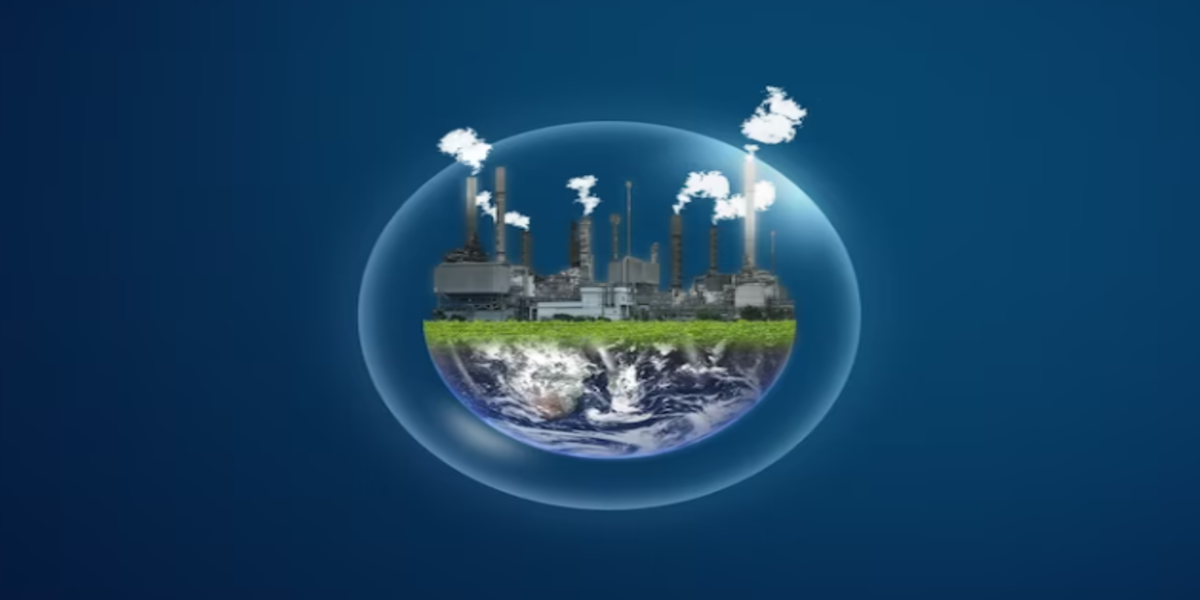India is on a thrilling journey towards a greener future, with an ambitious goal of achieving carbon neutrality by 2070. But that’s not all—the country is also making great strides in the world of biofuels. In fact, the government has recently accelerated its target to achieve 20% ethanol blending in petrol by 2025–26, a whole five years ahead of schedule! And the results speak for themselves.
India has already achieved its target of petrol supplies with 10% ethanol blending, surpassing the original deadline by a whopping six months. This is a clear indication of India’s commitment to embracing sustainable energy sources and reducing its carbon footprint. But India’s biofuel journey doesn’t stop there. Just like the International Solar Alliance, the country is now setting up a Global Biofuel Alliance. This Alliance will focus on not only promoting the adoption of biofuels but also creating new and innovative biofuels. It aims to establish globally recognized standards, identify the best practices from around the world, and ensure active participation from the industry. The potential of the global ethanol market is also worth noting.
Global Collaboration for a Greener Tomorrow
Prime Minister Modi has officially inaugurated the Global Biofuel Alliance. This has garnered the support of 19 countries and 12 international organizations. This alliance boasts the participation of both G20 member nations and non-member countries. Notably, India, Brazil, and the United States stand as the founding members of this esteemed coalition. The prime minister’s launch of the alliance was graced by the presence of esteemed leaders such as US President Joe Biden, Brazilian President. Also, Luiz Inacio da Silva, Argentinian President Alberto Angel Fernández, Italian Prime Minister Giorgia Meloni, and Bangladesh Prime Minister Sheikh Hasina, among other notable figures.
In addition to India, Brazil, and the United States, the remaining G20 member countries that support the initiative. It include Argentina, Canada, Italy, and South Africa. Bangladesh, Singapore, Mauritius, and the United Arab Emirates are invitee countries to the G20. The non-G20 countries that have expressed interest in joining the alliance. They are Iceland, Kenya, Guyana, Paraguay, the Seychelles, Sri Lanka, Uganda, and Finland.
Furthermore, various international and multilateral organizations have shown interest in the initiative, including the World Bank, Asian Development Bank, World Economic Forum, World LPG Organization. Also UN Energy for All, UNIDO, Biofutures Platform, International Civil Aviation Organization, International Energy Agency, International Energy Forum, International Renewable Energy Agency, and World Biogas Association. The three founding members of the alliance, namely the United States, India, and Brazil, account for approximately 85% of global ethanol production . Also, 81% of consumption.
Commitment to Renewable Energy
In a statement made on X (formerly Twitter), the Prime Minister expressed his appreciation for the establishment of the Global Biofuel Alliance. Which he considers to be a significant milestone in our pursuit of sustainability and clean energy. He extended his gratitude to the member nations that have chosen to join this alliance. This alliance aims to position itself as a global platform that facilitates the advancement of biofuel production. This is done through technology transfer, increased demand, and enhanced trade.
Biofuel Alliance: A Game-Changer in the Energy Sector
The global biofuels market values at a staggering $116.46 billion in 2022. And it is predicted to grow at a remarkable compound annual growth rate of 8.3% by 2030. By that time, it is expected to surpass a mind-boggling $201.21 billion. According to the chairman of IndiaN Biogas Association, the Global Biofuel Alliance is a $500 Billion opportunity. While taking into consideration the overall ecosystem which includes job creation, R&D, new industries set up etc. This presents a tremendous opportunity for India. This not only contribute to the global biofuel market but also reap the economic benefits that come with it. India’s commitment to a sustainable future is truly inspiring.
With its ambitious targets, advancements in biofuel blending, and the establishment of a biofuel alliance, the country is well on its way to becoming a global leader in renewable energy. The future looks bright, and India is leading the charge towards a greener and more sustainable world.

